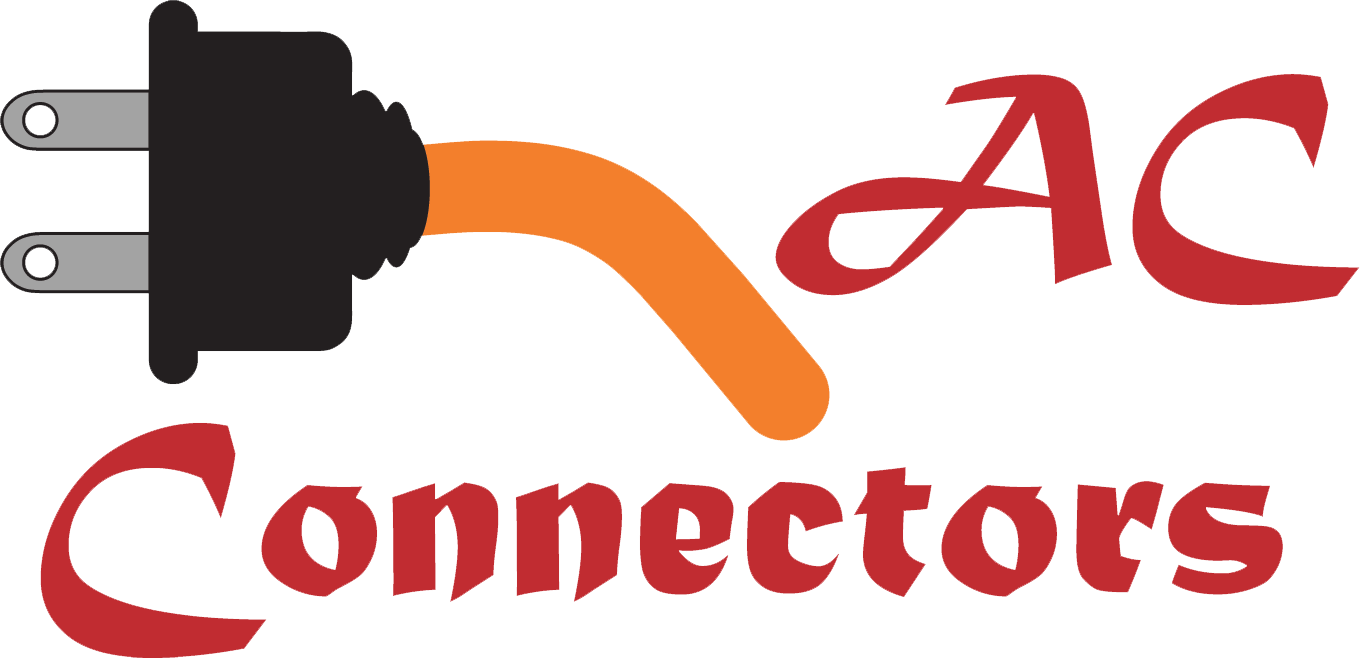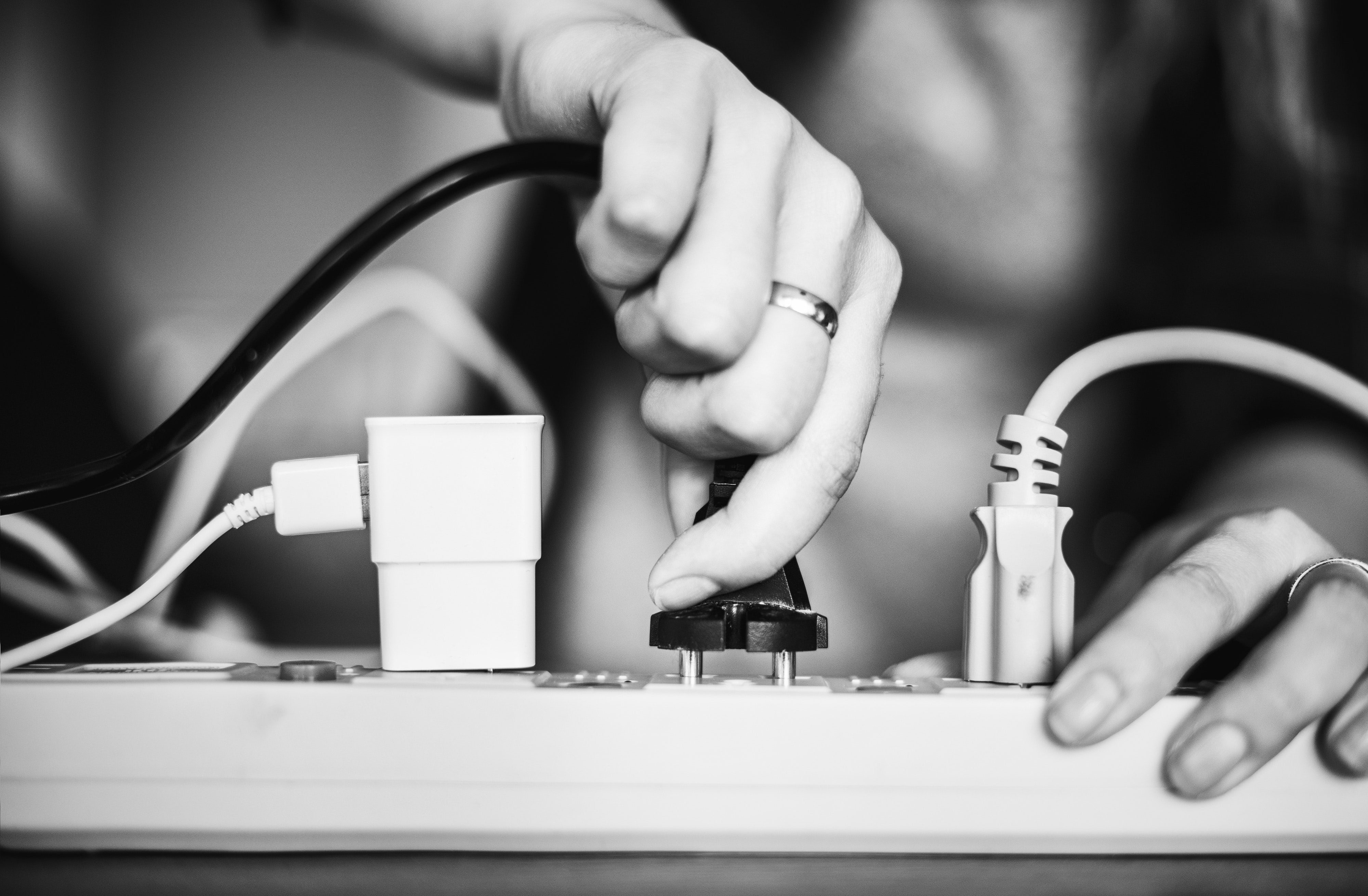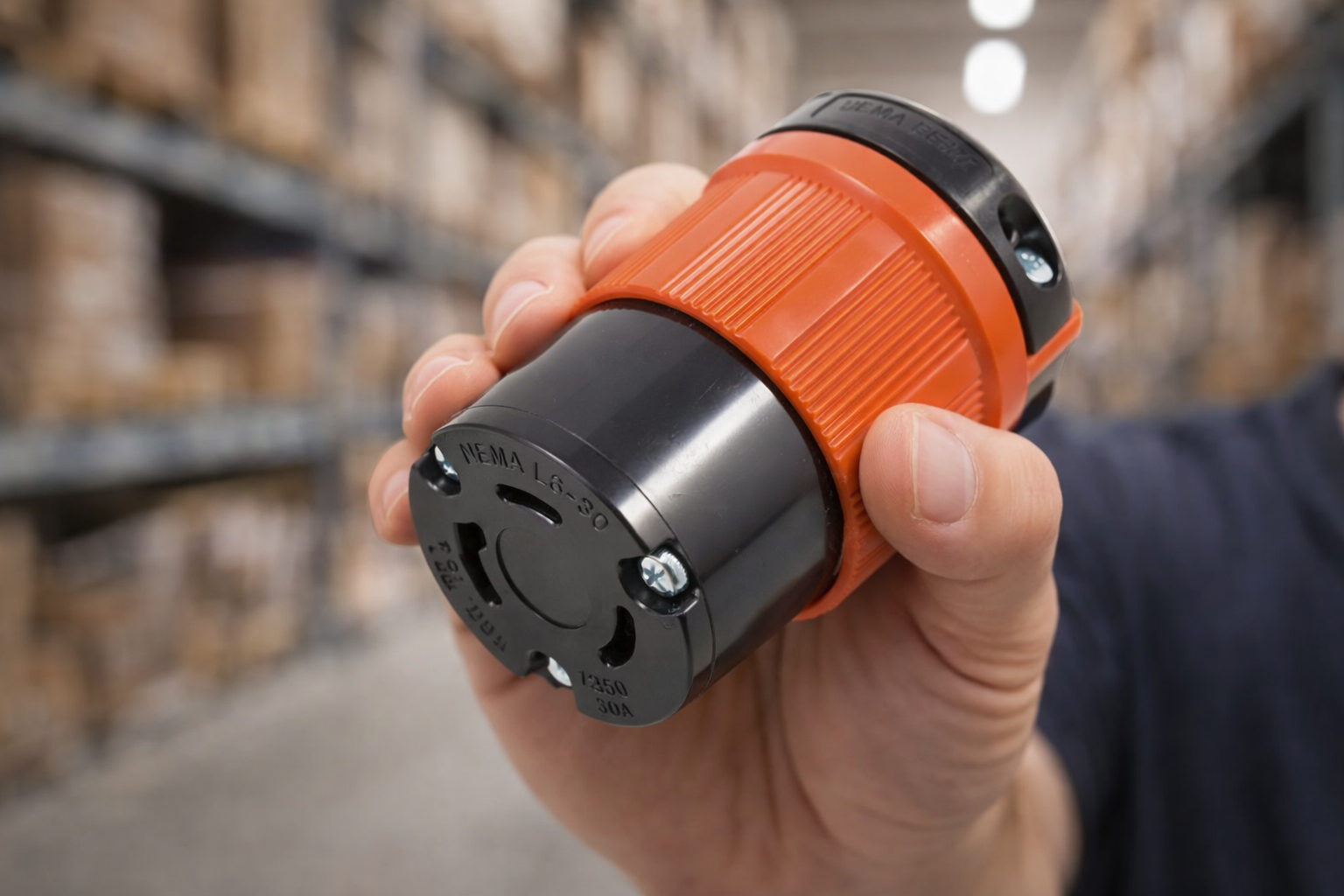While using electrical appliances and regular household items is safe, there are some practices that we tend not to think of that can help prevent electrical fires at home.

When it comes to electrical cords or extension cords, always be sure to check that they are not worn or frayed. If a copper wire is exposed, the passing current can heat up its surroundings which could potentially lead to shock or even a fire. It is best to discard any cords with an exposed wire. A good tip to keep cords from getting worn or frayed is to hold the plug securely when unplugging from an outlet. Yanking on the cord to unplug something can start to separate the plug from the cord. And, as always, extension cords should be used as a temporary solution.

We understand that trying to hide electrical cords can help make your house look cleaner and more organized. If you are trying to hide them, make sure not to hide them underneath carpeting. Doing so will cause the cord to overheat. Also, be sure not to run any cords near a heat source such as a heating vent or cooking appliance. You should always keep cords away from water, too.
It is never a good idea to try and plug a three-prong plug into a two-prong outlet. There have been cases where people break off the third-prong just to get it to fit into a two-prong outlet. If you have two-prong outlets at home, it is best to just get them replaced with three-prong outlets.
Sometimes there can be issues unseen, but they show themselves in odd ways. If the lights dim while an appliance is in use, you should contact an electrician to make sure the wiring is adequate. Appliances requiring heating may also pinpoint inadequate wiring. If those appliances are slow to heat, contact an electrician to fix this problem. A simple rule to remember in case there are issues unseen is to unplug appliances not in use, especially while gone on vacation.
With these simple tips, you'll be able to pinpoint problems and avoid catastrophes at home.







Share:
Medical and Hospital Grade Power Supply Requirements
Green Dot Receptacles